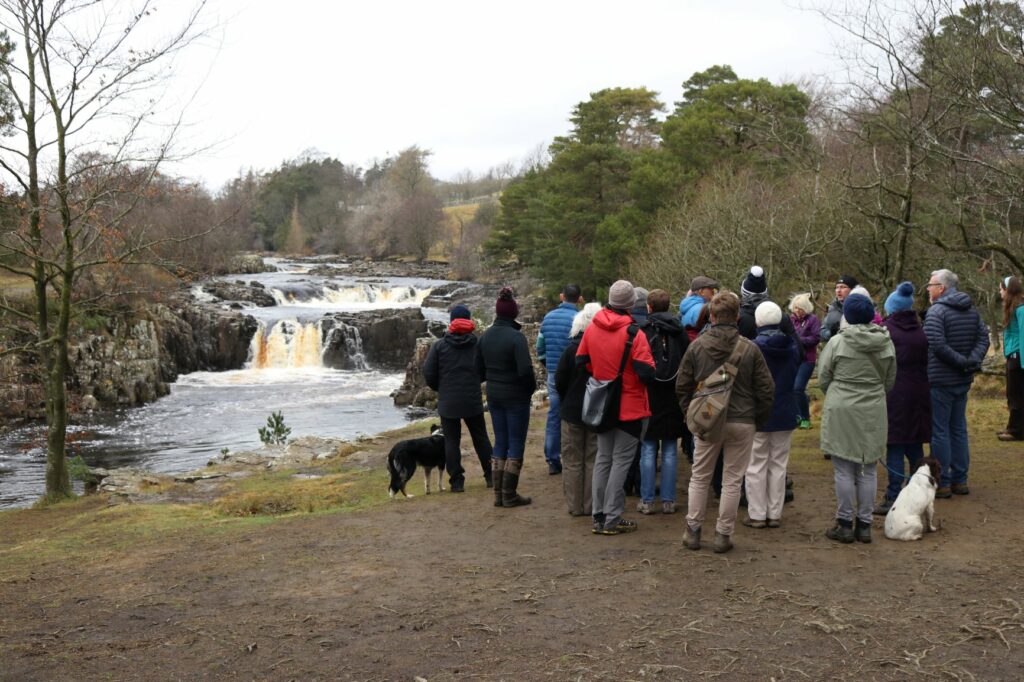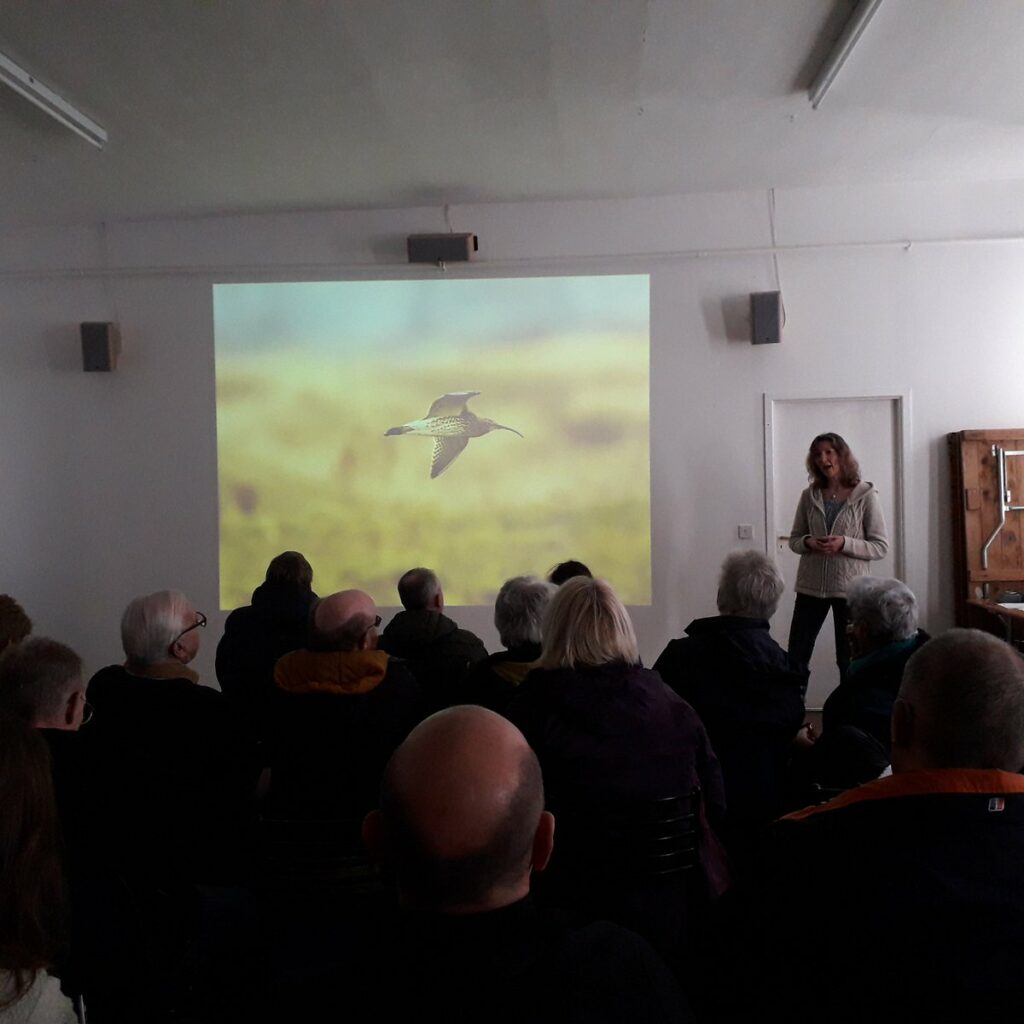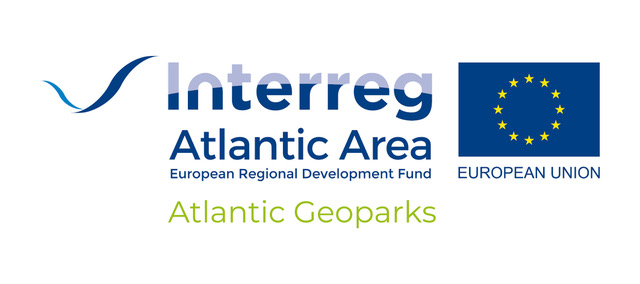Training for Tourism Businesses
a case study provided by North Pennines AONB and UNESCO Global Geopark
The North Pennines AONB Partnership (the management organisation for the North Pennines AONB and UNESCO Global Geopark), has a long-standing relationship with many of the tourism businesses in or very close to the Geopark. The Geopark covers nearly 2000 square kilometres, but with a population of only 12,000, it is a very rural area of mainly scattered farms and small villages. Tourism businesses are mostly small, local operations including accommodation in the form of guest houses, self-catering cottages, Youth Hostels, caravan parks and campsites, plus cafés and pubs, historic attractions, local producers and activity providers.
Engagement with these businesses over the years has included asking for their suggestions and input when developing new programmes, offering training and guidance, championing the area with the relevant Destination Management Organisations (DMOs), running an annual tourism forum for shared learning and networking and collaborating on events. Over 80 businesses and organisations have signed up to the North Pennines Responsible Tourism Charter, pledging to provide a high-quality, distinctive experience whilst respecting the environment and the local landscape. Agreeing to the charter gives businesses access to promotional and visitor resources including ‘Locator Logos’ that identify the business as being within or associated with the AONB and UNESCO Global Geopark.

As part of the Interreg Atlantic Geoparks project, a set of talks and workshops was held for tourism businesses to help them find out more about the area and what it means to be in a UNESCO Global Geopark. There were five sessions offered in different locations and focusing on different topics, including geology, archaeology, mining heritage, wildlife and stargazing. A few businesses were asked in advance what topics would be of interest and what format and timing would be suitable for them to be able to attend easily. The venues used were run by local businesses or community groups and local caterers were also engaged. This served the additional function of advertising these services to the tourism providers. Speakers included staff from the AONB Partnership, a geology lecturer from Durham University, members of a local archaeology group and an astronomical society, and staff at a mining museum. All participants were also provided with an information pack including Geopark publications, suggested walks and where to find more information.
The sessions were held in January to March, avoiding the main tourist season and in the middle of the day to fit between breakfast and evening meal commitments and school pickups. The workshops were advertised through mailing lists and local visitor networks, and each session was fully-booked in advance, showing the high demand for this type of training. Attendees included accommodation providers, tour guides, activity instructors and staff from visitor attractions. Some came to all five sessions and others dipped in to one or two as they were able.

Challenges in running this series of workshops included limited capacity and therefore having to disappoint some people, though – as is often the case for free events – there were some dropouts. There were also some travel concerns due to winter weather, and it was difficult to accommodate the wide range of levels of prior knowledge. The feedback from attendees however was overwhelmingly positive, with 100% of respondents agreeing that each session was useful (an average of 73% strongly agreeing). Many commented that they felt they would be able to share information more confidently with their visitors as a result, which was the main aim of the programme. Similar programmes have been run previously in the North Pennines, and there is clearly an appetite for more.
